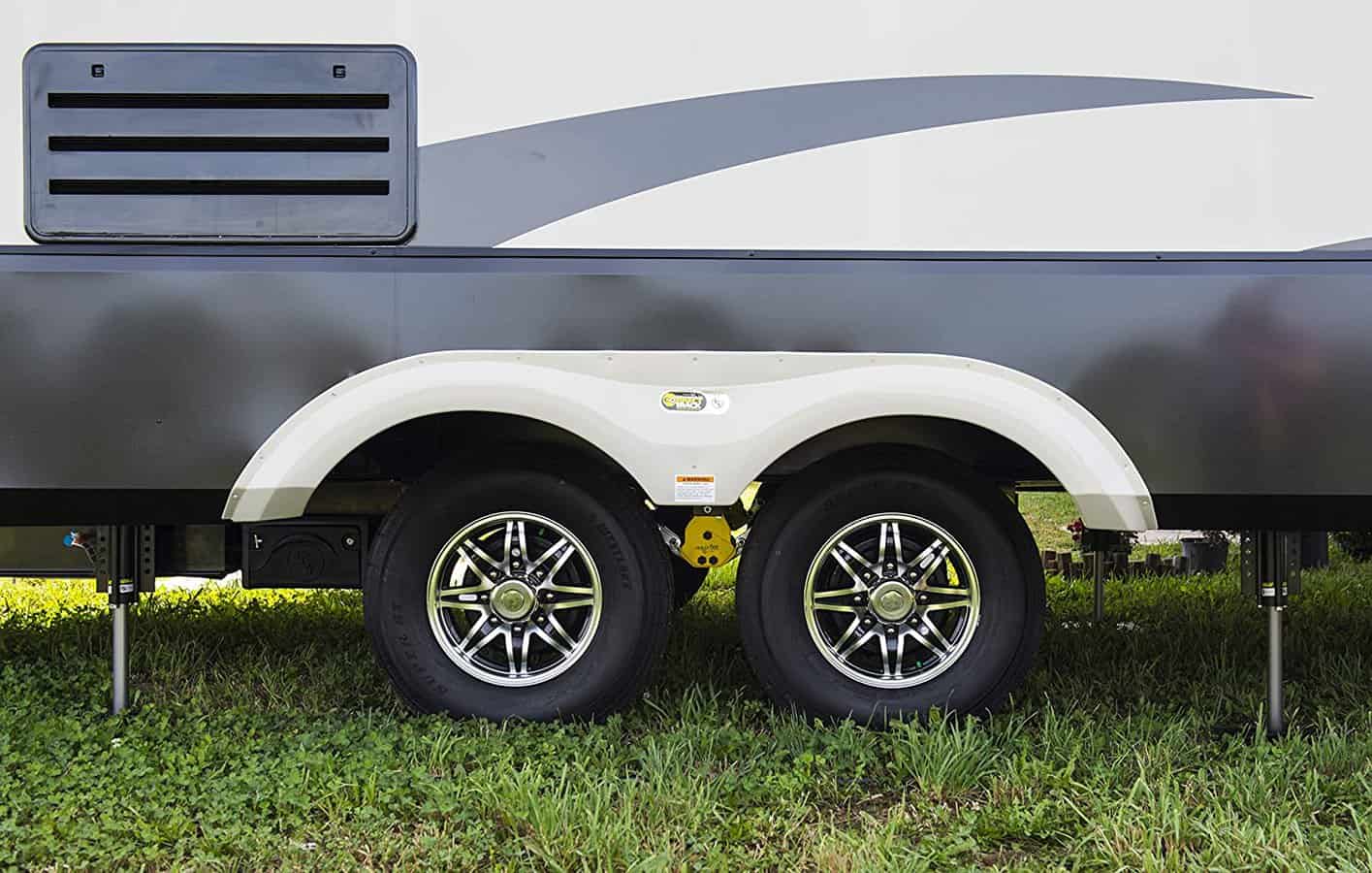
What Paperwork Is Needed To Sell An RV?
Are you selling your RV legally? Before selling ask yourself, what paperwork do I need to sell my RV? Buyers beware: make sure sellers have all the required paperwork.
Selling your RV can be a stressful situation more multiple reasons. It can be emotional to sell your RV, and it can be a time-consuming process with listings and showings. While taking photos, writing ads, and responding to all the inquiries, it can be easy to overlook some things.
The selling of an RV requires some paperwork and extra steps not necessary for selling many other items. RVs, like all vehicles, have titles that connect them to the owner. Without this document, there is no proof of ownership. Like the title you have for your home, you require a title for vehicles.
RV sale requirements
As with any legal sale of vehicles, your specific location will have requirements for both buyers and sellers to follow. Before selling, you should always confirm you are following local laws and regulations.
One thing that will be the same across the board is that there will be a title, also known as registration in some places, for the RV. In most locations, a bill of sale will also be completed between buyer and seller.
These two documents prove a legal sale and transfer of ownership. The title will be signed over to the buyer so that they can register the RV in their name with the local department of motor vehicles. A bill of sale can be a legal document or in many cases, an informal letter, confirming the date of sale, selling price, vehicle ID, buyer and seller information, and any special terms or conditions of the sale.
What is a vehicle title?
This is the most important piece of paperwork needed to sell your RV. It proves you are the legal owner of the RV. It will include, vehicle type, serial number, color, and weight, along with your information.
Every RV has a title from the time it is new. The original owner will have one after purchasing the RV, and it will be handed over to future owners. This document stays with the RV for its lifetime. The information on this paperwork must match that of the RV, most importantly the VIN or vehicle identification number. This unique number is assigned to the RV by the manufacturer when assembled.
If the vehicle title is ever lost or destroyed, it must be replaced. This does happen, and the process may vary depending on your location. The motor vehicle department can confirm ownership and make a new title. For old RVs with damaged or missing VIN tags, it is also possible to have someone from the motor vehicle department come and identify the RV and apply a new VIN tag.
Your bill of sale
Your state or province may have a specific document to use for a bill of sale, or it may be something that the two parties come up with themselves. This is another important piece of paperwork for selling your RV.
Either way, the bill of sale will basically be a contract between the buyer and seller. The document will be dated and signed by both buyer and seller as well as a witness. There is some information that will be required and some that will be optional.
The date of the sale and location will be listed, along with the names of both buyer and seller. Their city or town may also be noted as well as possibly a driver’s license number. For the RV, the most important thing is that the VIN is accurately listed on the bill of sale. This links it to the title where the RV information is; however, you may choose to list the make, model, and color on the bill of sale as well.
If there are any special terms or conditions to the sale that have been agreed upon, then these should also be listed on the bill of sale. It is very common to include “sold as is where is” or something similar on the document. This is to protect the seller from being held liable for certain things after the sale.
The buyer may also request that there be a statement confirming the seller knows of no issues with the RV or that there is no money owed on the RV. This document is between the buyer and seller, so any and all valid information should be included.
Buyers beware
If you are buying a used RV, it’s your responsibility to make sure you receive all the paperwork with the RV. There is more risk for the buyer than for the seller. You will have to have ownership of the RV transferred to you, so it’s crucial that you have all the documents to legally do so.
Other than deposits, no money should change hands until you see and are satisfied with all the documentation for the RV. This is likely more of an issue for private sales than a dealer sale; however, at the end of the day, it’s you handing over the money, so make sure everything is as it should be.
If you’re selling your RV, make the process easier by having all the paperwork for selling your RV in order. It’s also a good idea to consider a company like National Vehicle when selling your RV to handle all of the hard work for you.
Forums such as iRV2.com and blog sites like RV LIFE, Do It Yourself RV, and Camper Report provide all the information you need to enjoy your RV. You’ll also find brand-specific information on additional forums like Air Forums, Forest River Forums, and Jayco Owners Forum.
Continue reading:




